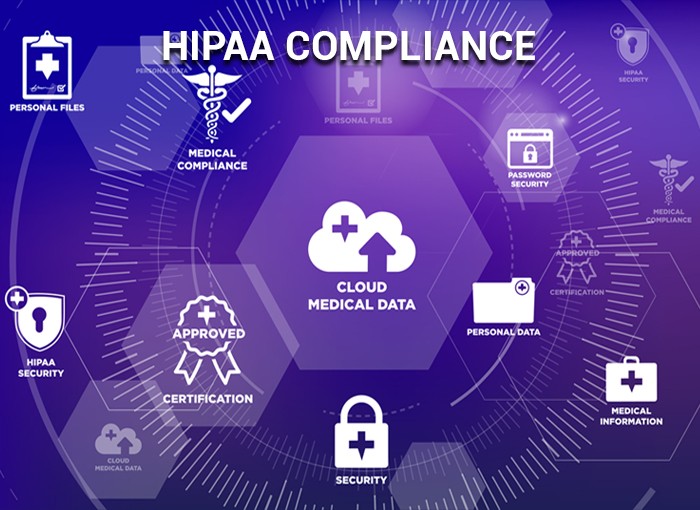Importance of HIPAA Compliance in Medical Billing: Is it mandatory or optional?
As technology evolved with time, so did the healthcare industry. It drifted away from paper-based work and adopted a digital and electronic way for data compilation, financial transaction, and other administrative and clinic based functions. As much as it became convenient to manage the revenue cycle, the adoption of such technologies gave rise to issues related to data security. To vanquish this issue, the U.S. Department of Health and Human Services (HHS) imposed privacy and security rules under the Health Insurance Portability and Accountability Act of 1996 (HIPAA). According to HHS, the “HIPAA Privacy Rule” establishes national standards for the protection of certain health information, and the “HIPAA Security Rule” establishes a national set of security standards for protecting certain health information that is held or transferred in electronic form. HIPAA is mandated to protect any manual or electronic transmission of data related to a patient.
Below are the reasons that prove HIPAA compliance should be a mandate checklist for any medical service provider:
- Secured Process: The HIPAA compliance enforces the medical billing service provider involved in dealing with the e-PHI (Electronic Protected Health Information) to ensure its confidentiality, integrity, and security. It also imposes the entity to perform rigorous risk analysis such as identification and evaluation of potential risks and threats to e-PHI, proactive implementation of security measures to stem the risks, maintain and monitor security protocols to bolster the workplace’s security.
- Security Assurance: A HIPAA compliant medical billing service provider is responsible to ensure the security of health information at all times. This responsibility leads to delegating the role to the hired security personals who are held accountable to maintain the safety standards and enforce the exercise of safety protocols around the clock.
- Device Control and Access Authorization: To attain a secure environment, medical billing service providers with HIPAA compliance, maintain a controlled workplace environment. Each system is safeguarded with firewalls to inhibit any unintended malware attack. Furthermore, any external hardware plug-ins are blacklisted to prevent any data breach. System applications are also controlled and monitored to facilitate secure data handling. Additionally, such entities exercise controlled data access. Several technical protocols are implemented to ensure that only authorized personnel are allowed to access and transmit data. It also has to be ensured that any data transfer takes place from authorized communication modalities. Similarly, secure data back-up is maintained to prevent any possibility of data loss. Standardized protocols are implemented to hinder data alterations and destruction.
- Environment Monitoring: The workplace security is of utmost importance for a HIPAA compliant medical billing service agency. The activity, as well as the movement of each staff member, is continuously monitored. Usage of any electronic media is prohibited to provide security of electronically protected health information. In addition to this, each staff member entering and exiting the organization premises is thoroughly checked.
- Periodic Assessment: Every HIPAA compliant medical billing service provider is accountable for organizing periodic assessment and analysis of security protocols that are followed within the organization. Such periodic analysis resurfaces bottlenecks and problem areas in the standards which could be further changed or amended to attain better security. Such a security-check system evolves with technology to maintain updated and high-level security in the company.
- Workforce Training & Updation: It is the responsibility of the HIPAA compliant medical billing service provider company to keep their employees well-versed with each of the security protocols and the repercussions of their violation. A thorough assessment of the knowledge of the employees regarding security standards is to be ensured before delegating them with data handling. The company is also responsible to keep themselves and their employees updated with the changes in the act enforced by HHS.
Within HHS, the Office for Civil Rights (OCR) is accountable for the enforcement and administration of HIPAA. Every HIPAA compliant entity is obliged to follow each and every protocol. Any breach or violation within the standards can lead to serious repercussions if the violation is not resolved by the involved entity. The penalties in such cases are bifurcated into two categories: Reasonable Cause and Willful Neglect. Penalties in case of reasonable cause are mostly financial, while penalties in willful neglect cases can end up with criminal charges. Therefore, considering all the above mentioned benefits, it can be inferred that the credibility and reliability of a HIPAA compliant medical billing service provider are unparalleled. They will ensure eminent service quality and a secure environment, and thus, become the absolute option for your billing service needs.



